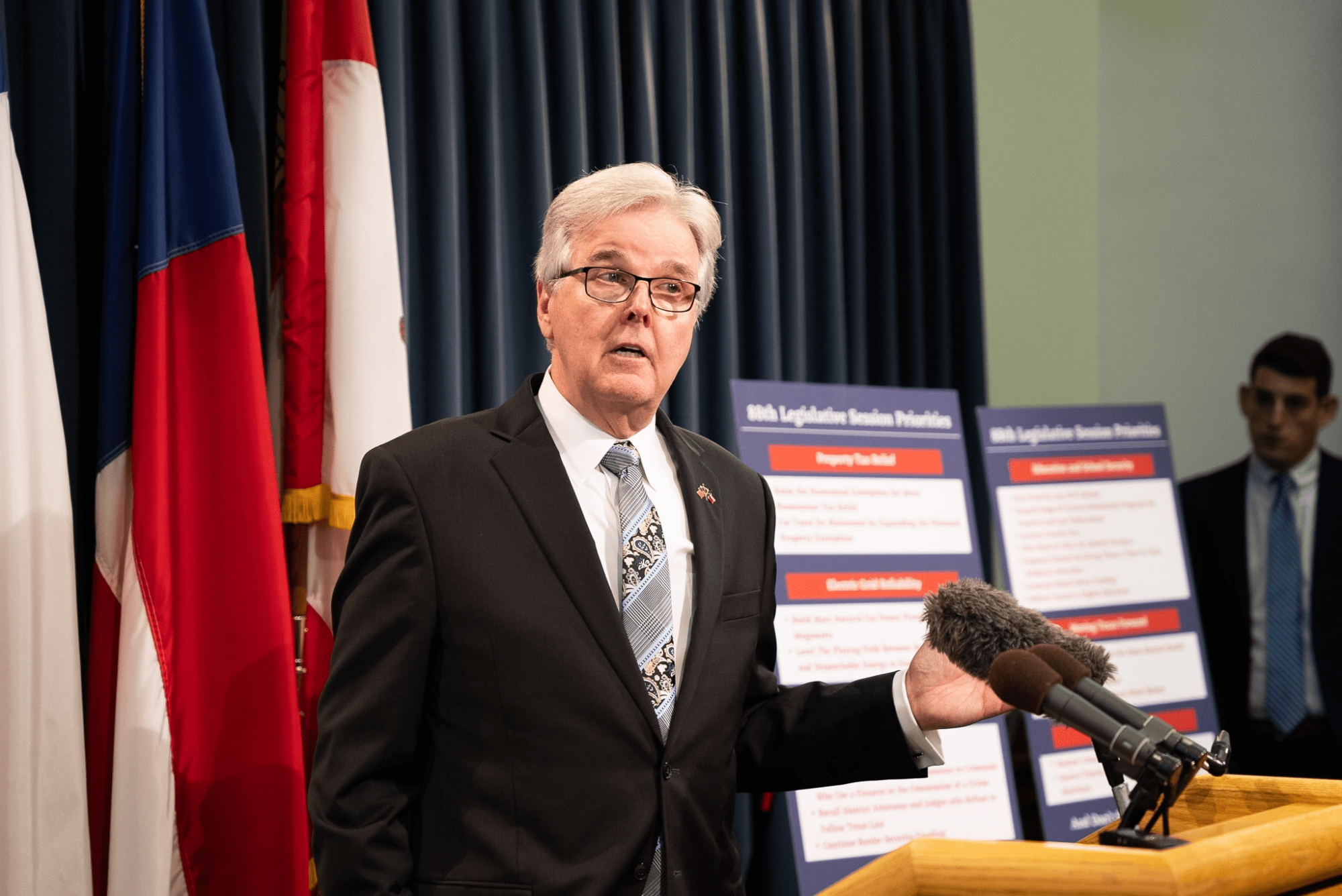On November 1, the San Antonio City Council voted to impose new regulations on short-term rentals (STRs), affecting individuals who rent their properties or empty rooms in their homes through services like AirBnB and HomeAway. The language in the city’s new policy labels citizens who operate STR’s as “operators.” San Antonio operators will now be subject to hotel taxes and required to get new insurance policies for their rental sites or, in many cases, their homes.
Operators will also need to have their homes inspected, receive a permit from the city to operate an STR, and pay a $100 fee along with a $100 renewal fee every three years.
The city, as well as AirBnB, supports the ordinance because they see it as a “responsible step.” But why would AirBnB support a measure to tax themselves?
The answer becomes clear when you examine who is affected most by the manipulation of the short-term rental market. The ordinance affects operators who, in this case, are families and investors who have a room available to rent. The ordinance requires them to register with the city, pay hotel taxes, and pay an initial fee of $100 which is paid again every three years. New costs such as upgraded insurance policies will be incurred by homeowners.
These new regulations will price out operators. Fewer operators means higher prices and a bigger profits per rental for companies like AirBnB and HomeAway. At the same time, a smaller number of operators means fewer options for tourists.
Supporters of the policy ask: Shouldn’t a city that makes billions off of tourism protect its hotel industry?
The answer to that question shouldn’t be decided by the government, but by tourists. The initial appeal of a short-term rental services are the savings. Operators don’t have to deal with overhead costs, labor costs, and taxes that hotels do — and operators then pass the savings on to tourists. But thanks to the council, operators will now get a taste of some of those expenses. The way to keep hotels competitive without burdening any other industries would be through deregulation and lowering taxes.
Two council members, John Courage and Greg Brockhouse, voted against the measure. Unfortunately, Councilman Courage only opposed the measure because it didn’t go far enough. His motion to ban all Type 2 rentals, which are non-owner occupied rentals, failed.
Councilman Brockhouse’s concern was property rights.
“While the conversation can go a million ways in addressing the dangers of a lack of insurance on rental properties, the need for regulation by the city, etc., we cannot miss the issue of property rights,” said Brockhouse. “What companies like AirBnB and HomeAway have done is connect folks with a temporary housing need to people with room availability.”
The City of San Antonio might differentiate which rental properties are inhabited by owners and which are not, but the common denominator is that both are private property. The owner has decided to have a guest in his or her house for a fee. And the city has decided that the bureaucrats at city hall get to say ‘no.’
From rise of the automobile and fall of the horse-pulled cart to streaming services and cable, entrepreneurship in the free market has provided consumers with affordable alternatives while challenging the industry’s status quo. In many cases, government has acted to protect outdated industries because of influences by special interests. San Antonio’s City Council voted in favor of protecting the hotel industry from short-term rentals like AirBnB.
The council’s move to empower the bureaucracy at the cost of the consumer deters progress in the market. The private property rights of the citizens of San Antonio are shredded by regulations, under the guise of promoting the public good. San Antonio needs to embrace the fluctuating buying habits of its tourists. If more and more tourists decide that a temporary rental house is most suitable for them, it is detrimental to the economy to allow the city to stifle the growing sharing economy.




